The Fate Of 16.8 Million Medicaid Enrollees Rests On 20 GOP Senators From 14 States
The Senate is on the verge of debating legislation to repeal and “replace” the Affordable Care Act, and Medicaid is on the chopping block.
Whatever happens next with Obamacare repeal and the future of Medicaid will depend in large measure on whether GOP senators choose to fight for the combined 16.8 million of their constituents on Medicaid, including 4.3 million who gained Medicaid coverage because of the Affordable Care Act, according to data from state agencies compiled by HuffPost.
See the facts and figures about Medicaid in states with Republican senators in the HuffPost infographic at the bottom of this article.
The Republicans in the House narrowly passed health care legislation last month that would gut the health care program, which the federal government jointly operates and finances with the states, for low-income families, people with disabilities and elderly nursing home patients. President Donald Trump staged a celebration at the White House after the passage of a measure projected to cause 14 million Medicaid beneficiaries to lose coverage. That’s despite repeatedly promising during his campaign not to cut Medicaid.
The American Health Care Act not only would undo the Affordable Care Act’s Medicaid expansion ― a major contributor to the law’s success at driving the uninsured rate to a historic low ― but would take hundreds of billions of dollars out of the rest of Medicaid, which would force states to make major cutbacks to who they cover, what benefits they provide and how much they pay doctors and hospitals.
The vast majority of Americans support continuing the Medicaid expansions, including 93 percent of Democrats, 83 percent of independents and 71 percent of Republicans, according to a survey conducted this month by the Henry J. Kaiser Family Foundation. More than seven in 10 favor leaving current federal funding for Medicaid overall in place, the poll found.
There are 20 Republican senators representing 14 states where the stakes are especially high because they’re among the 31 states and the District of Columbia that accepted federal funding to expand Medicaid to poor adults under the Affordable Care Act. Most of those states have Republican governors, legislatures or both, and Trump won all but two of them in November.
Large segments of some of these states’ populations rely on Medicaid. More than 30 percent of those living in Sen. John Kennedy’s Louisiana, Sens. John Boozman and Tom Cotton’s Arkansas, and Senate Majority Leader Mitch McConnell and Sen. Rand Paul’s Kentucky are Medicaid beneficiaries. More than one-fifth of those living in eight of the other states with Republicans senators are enrolled in Medicaid.
GOP senators like Alaska’s Lisa Murkowski and Ohio’s Rob Portman have sounded cautious notes about winding down the Medicaid expansion and slashing Medicaid funding overall. Yet in spite of their warnings and the significant number of their constituents who would be affected by cuts, Medicaid beneficiaries in these states can’t necessarily count on their senators for help.
Most of the GOP senators from Medicaid expansion states won their most recent elections ― 10 of which were just last year ― handily in states that went big for Trump over former Secretary of State Hillary Clinton in the presidential race. Just two of these 20 senators are up for re-election next year: Jeff Flake of Arizona and Dean Heller of Nevada.


Also on HuffPost
1912
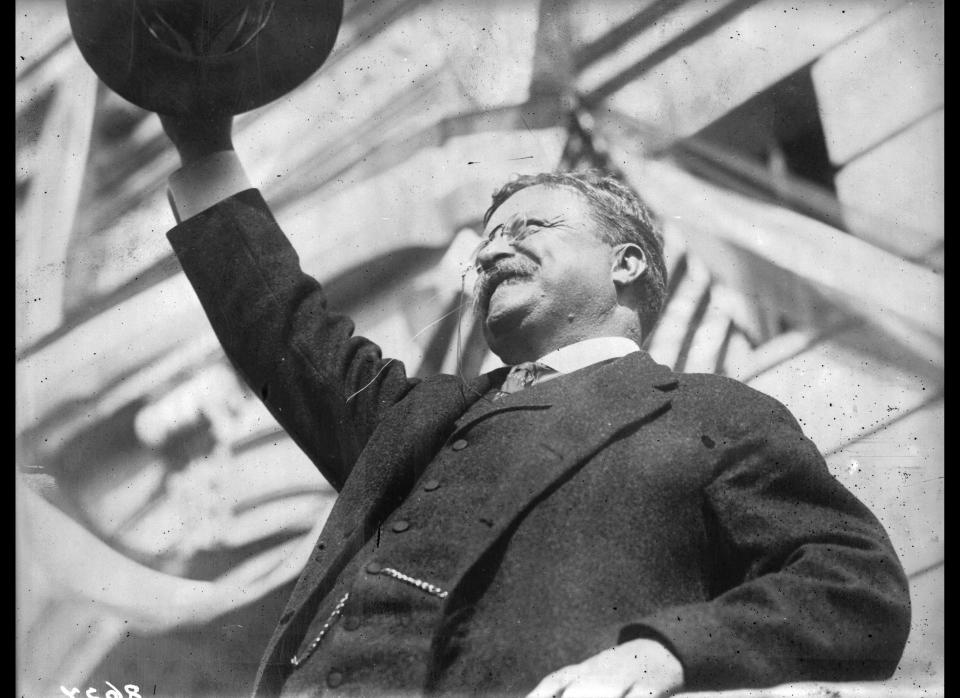
1935
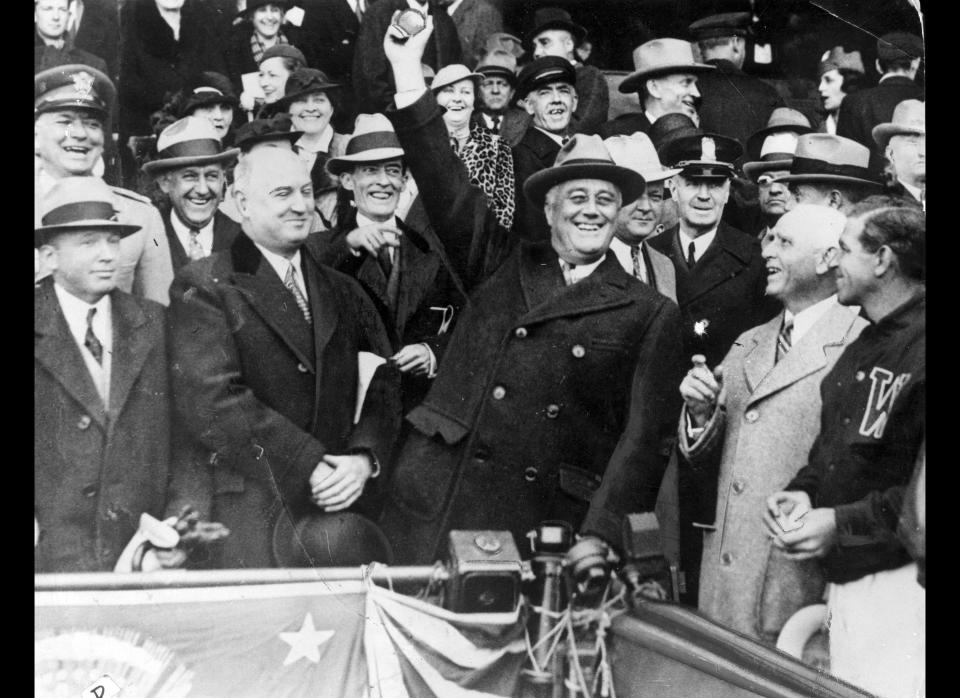
1942
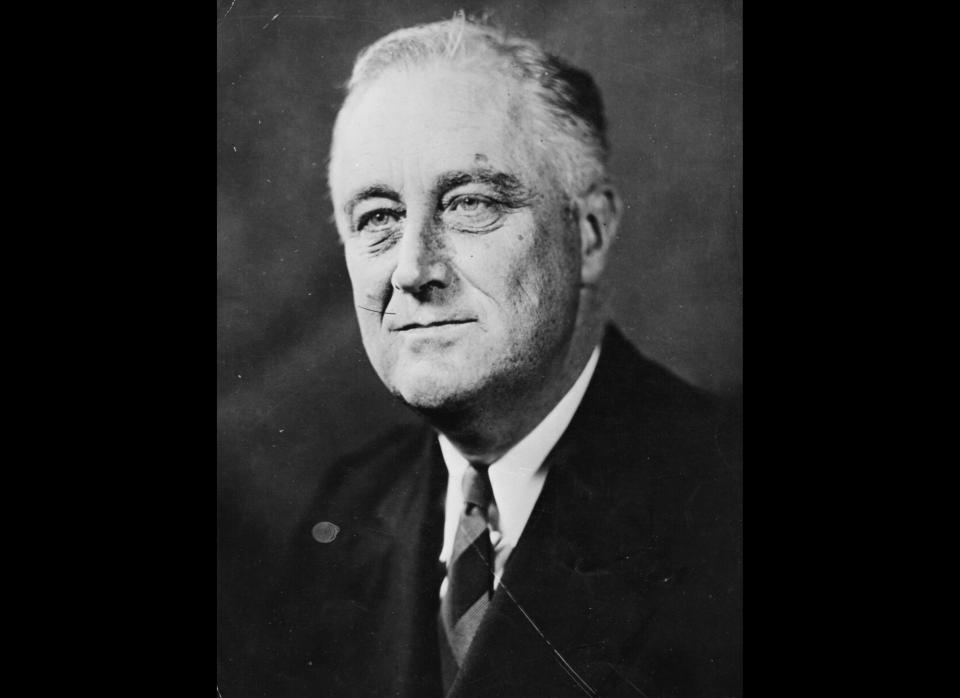
1945
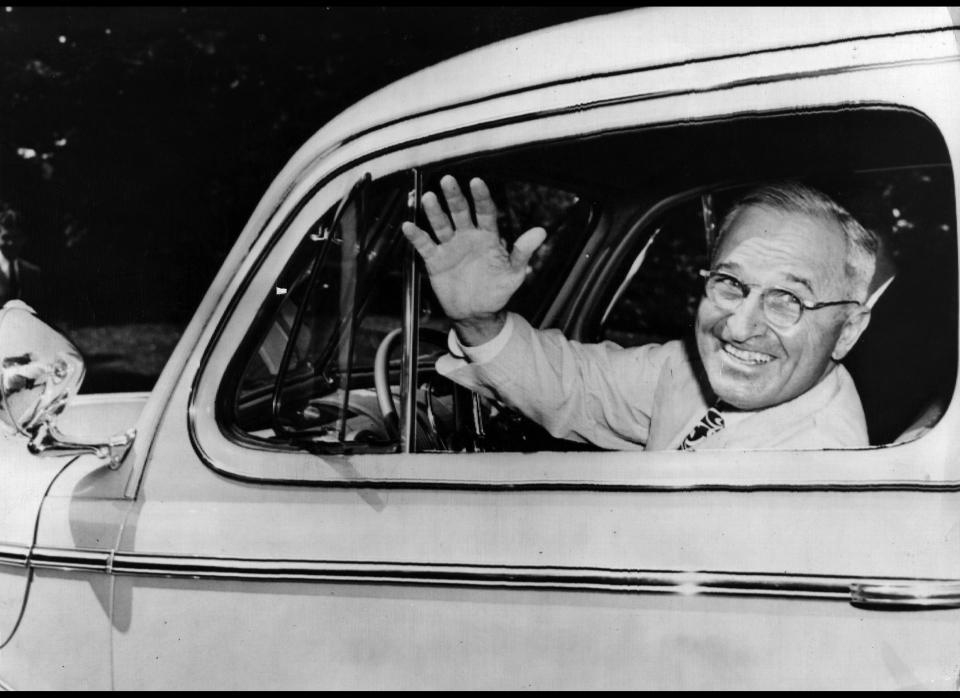
1960
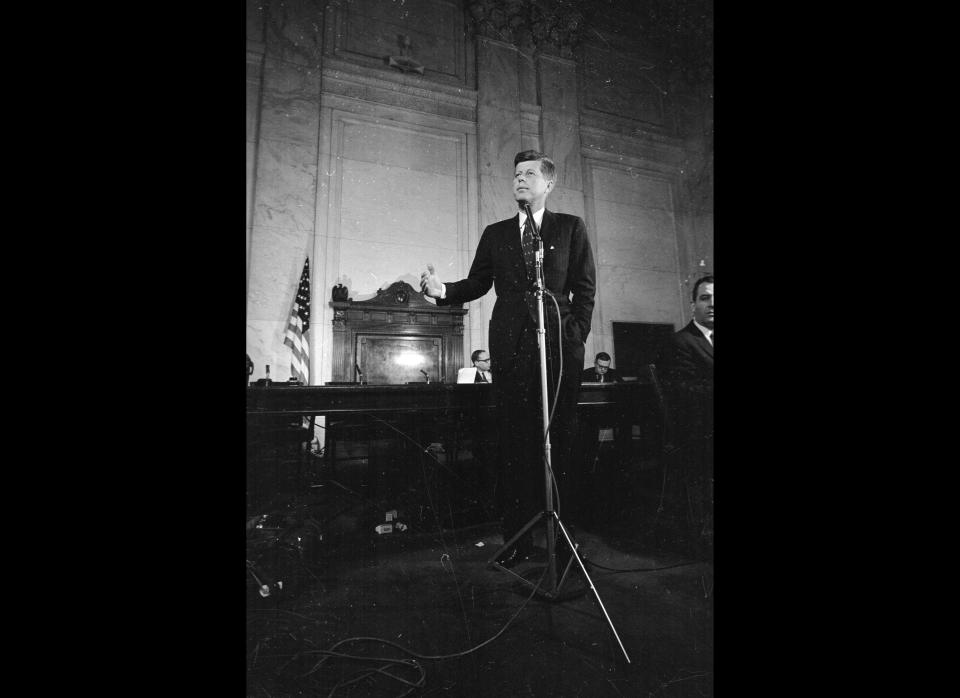
1965
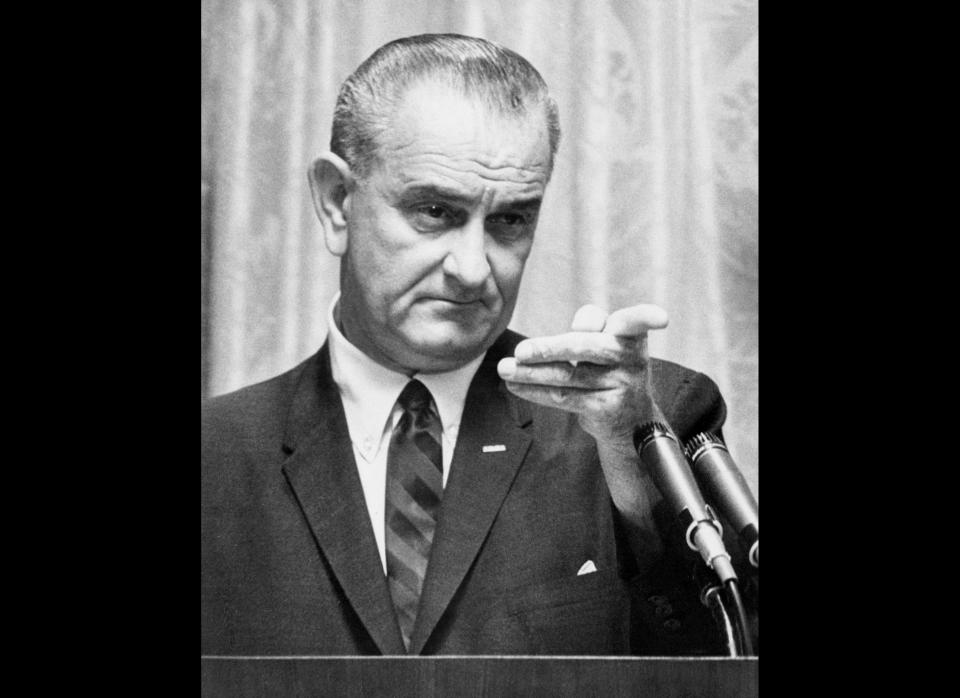
1974
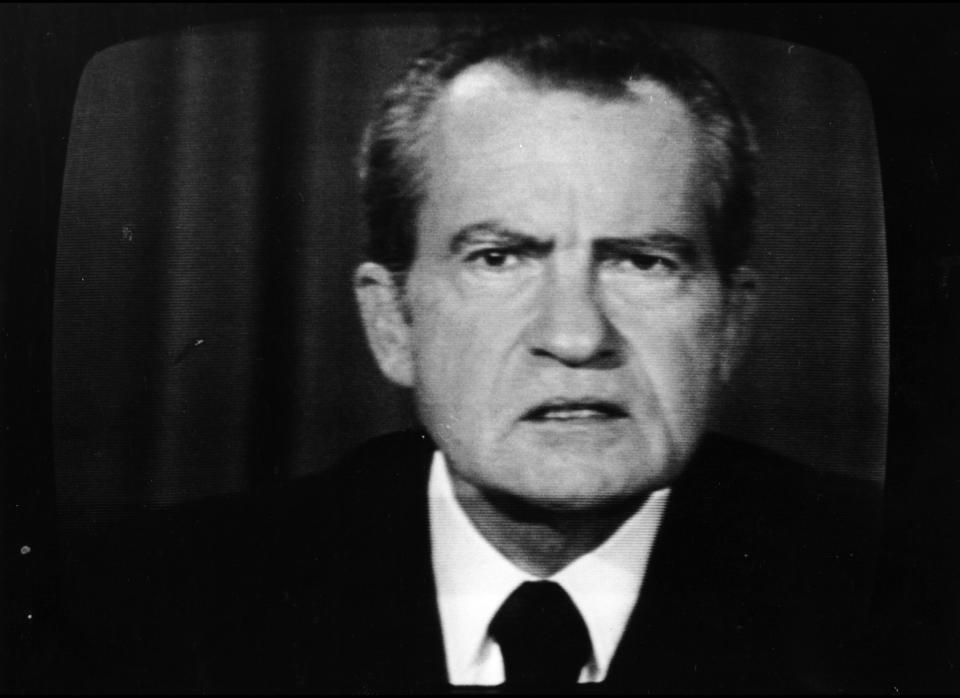
1976

1986

1988
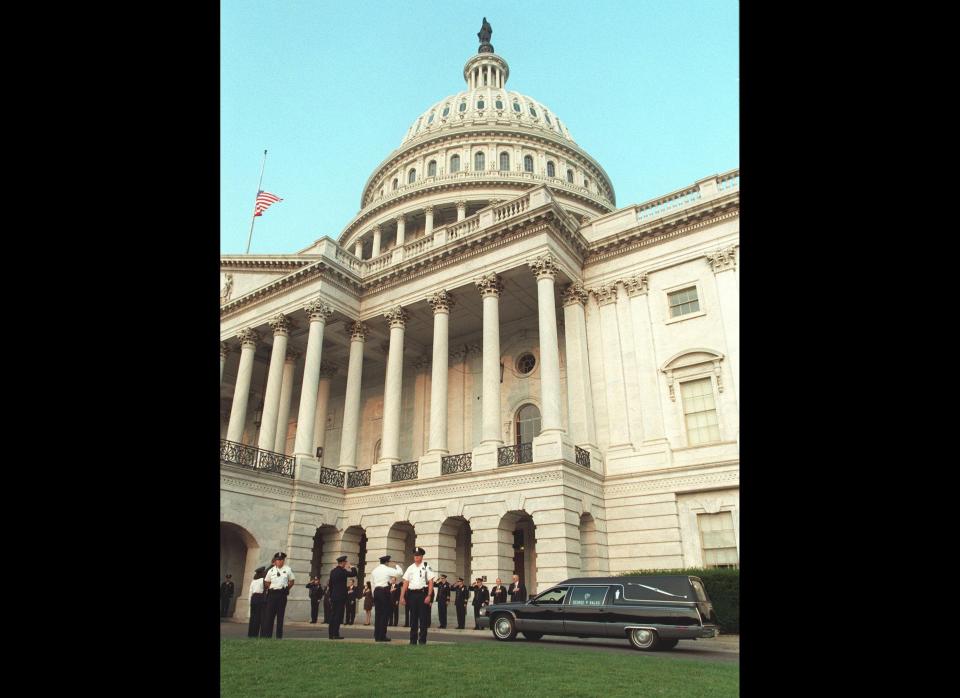
1993
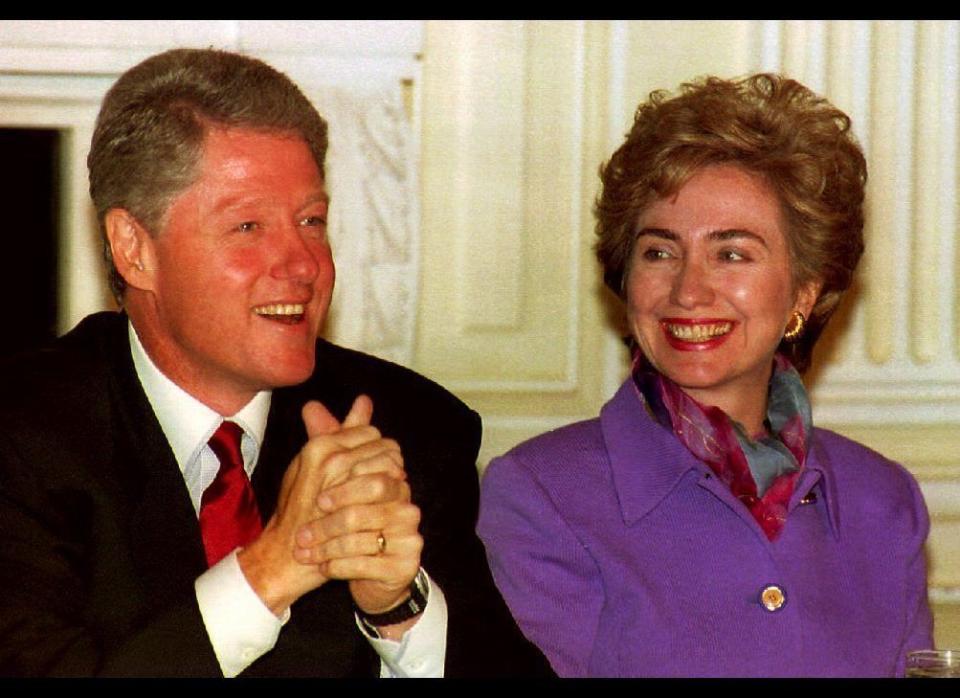
1997
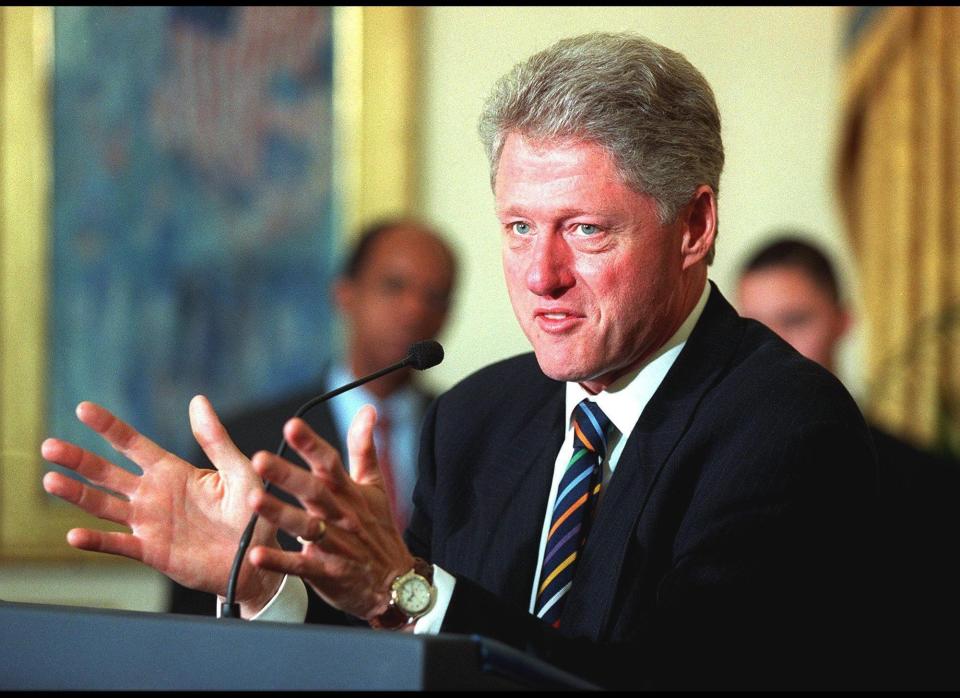
2003
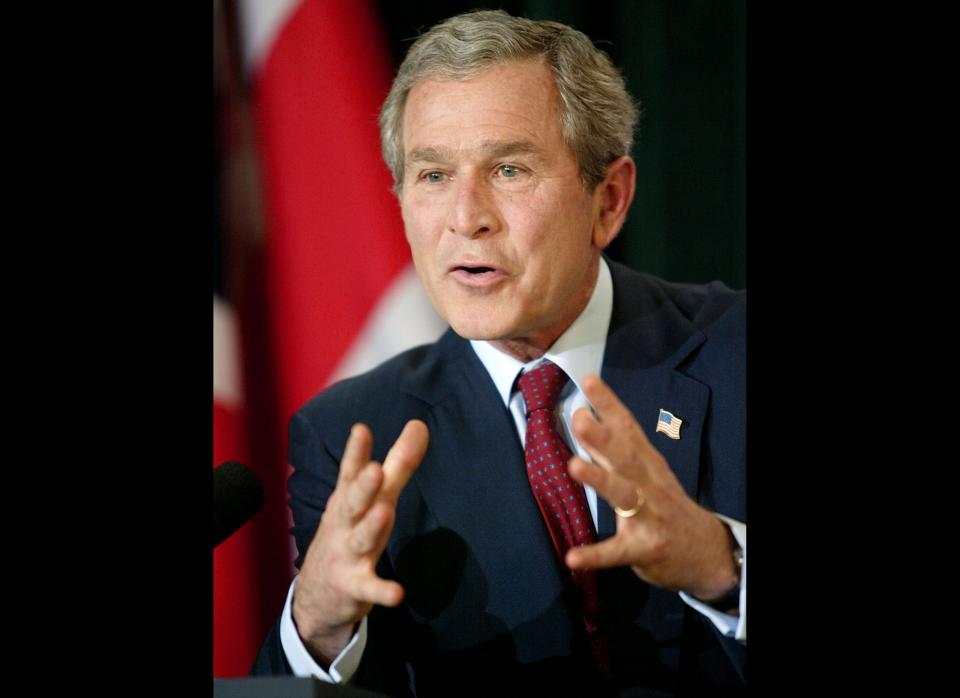
2008

2009
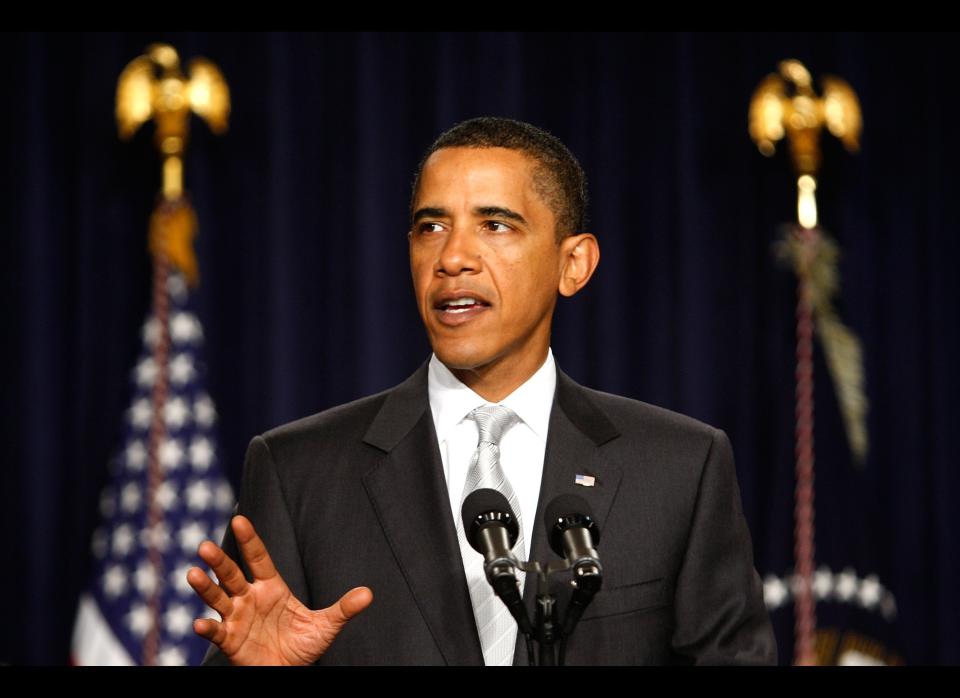
2010
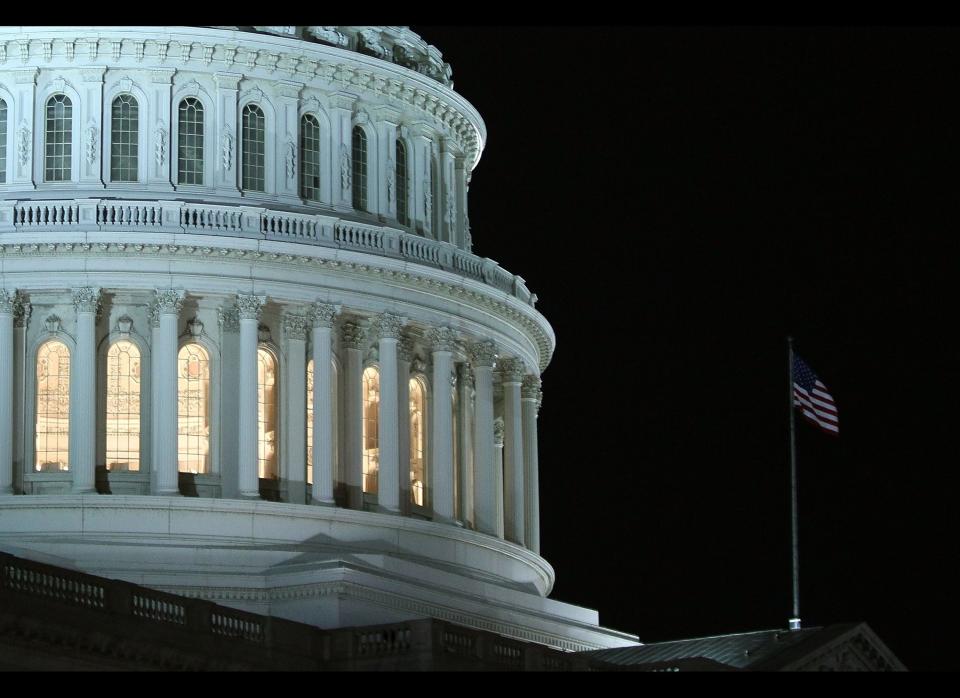
2012
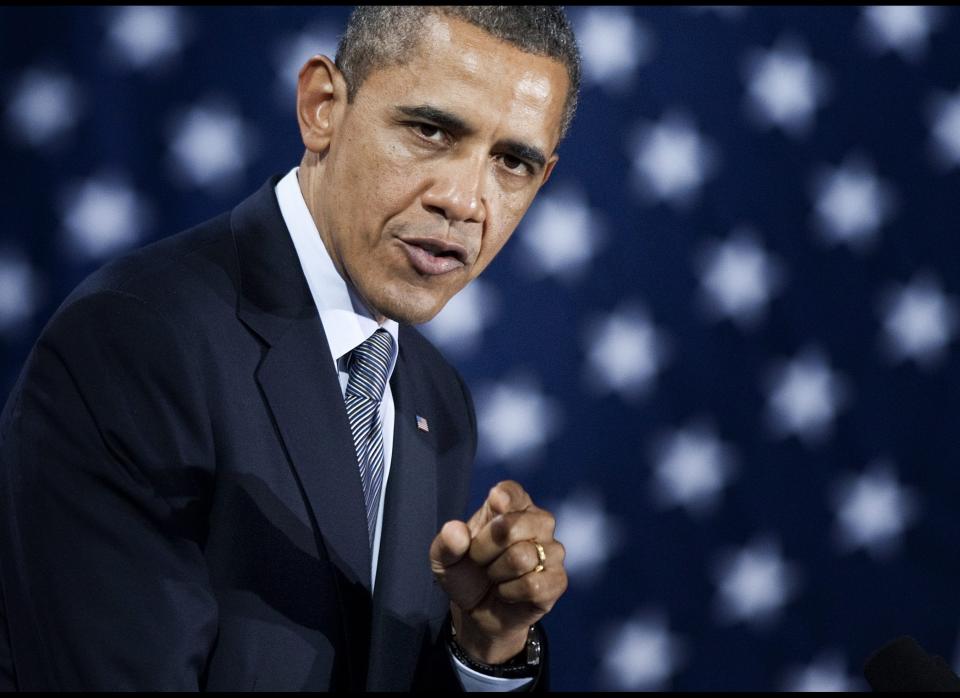
Love HuffPost? Become a founding member of HuffPost Plus today.
This article originally appeared on HuffPost.

